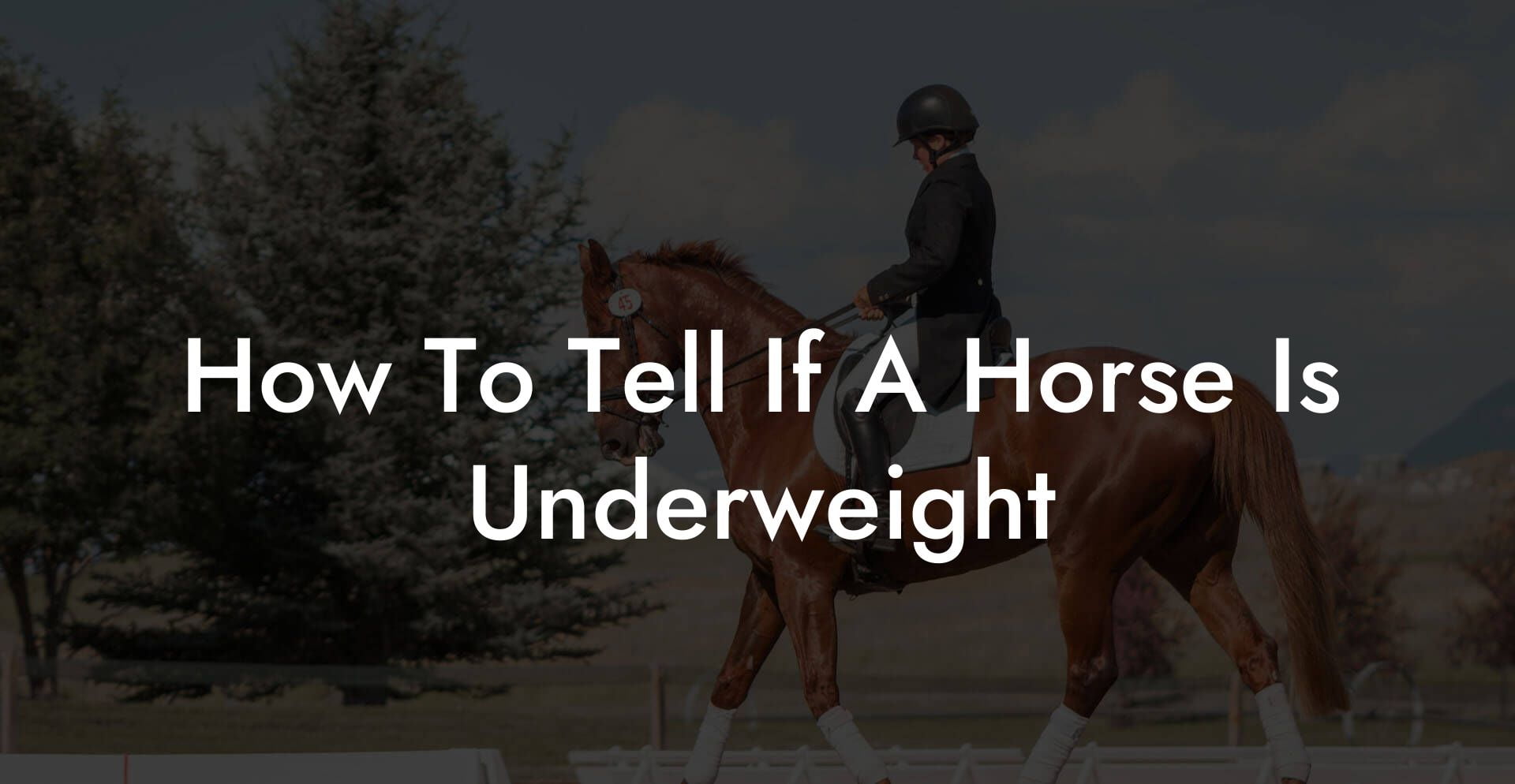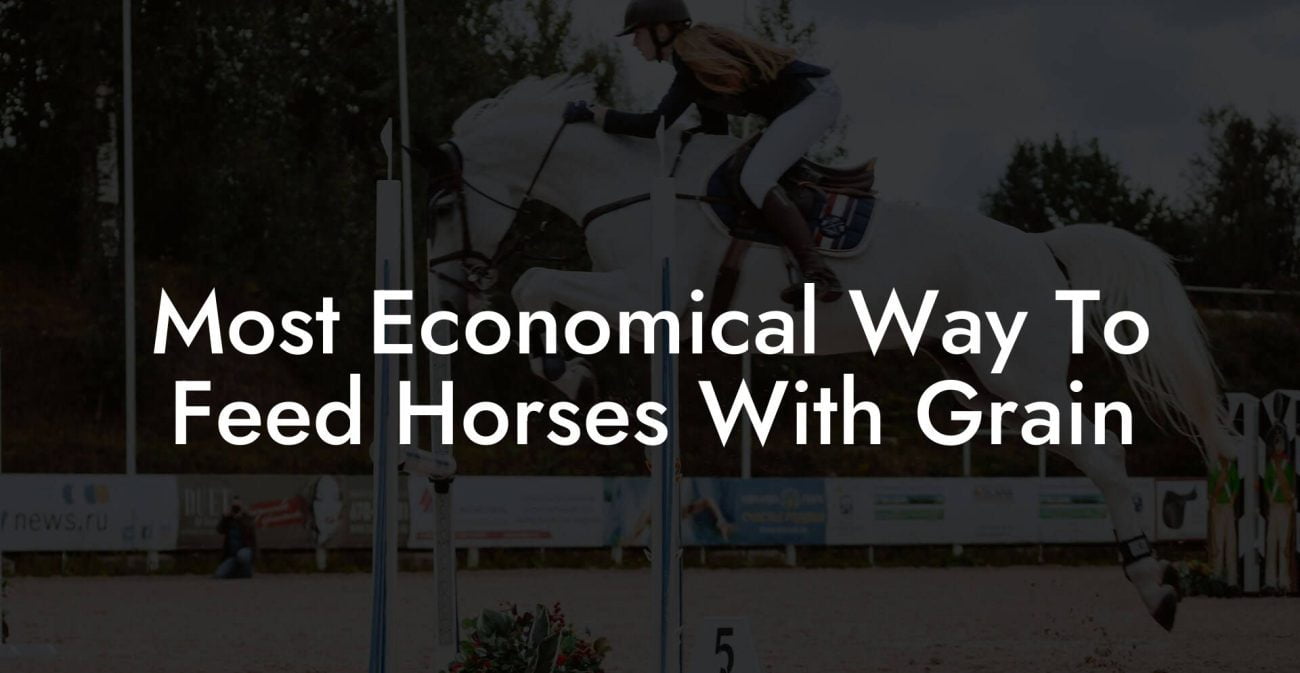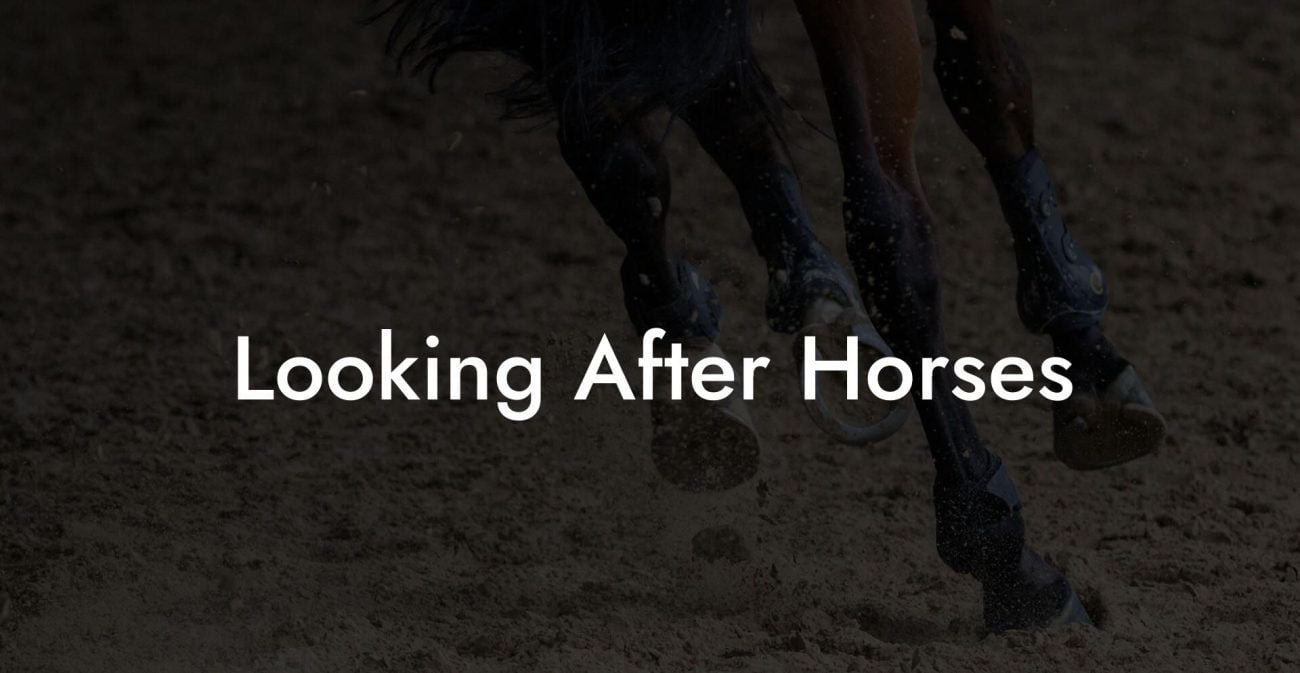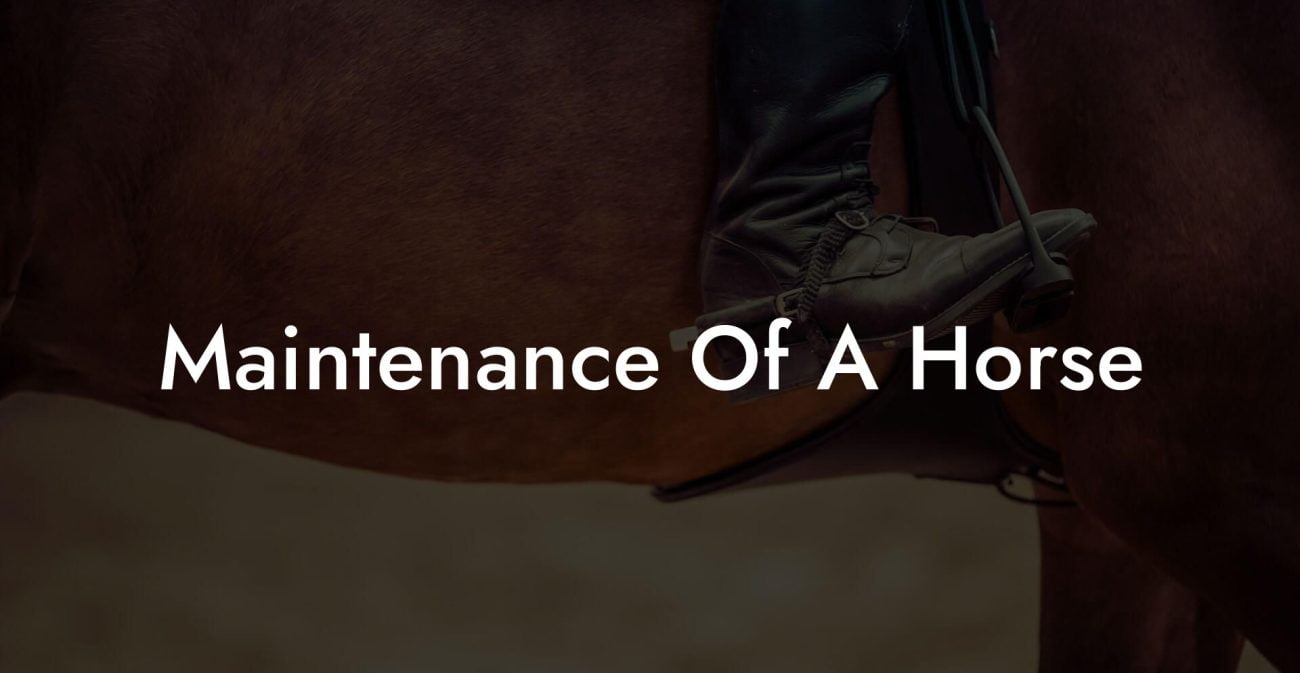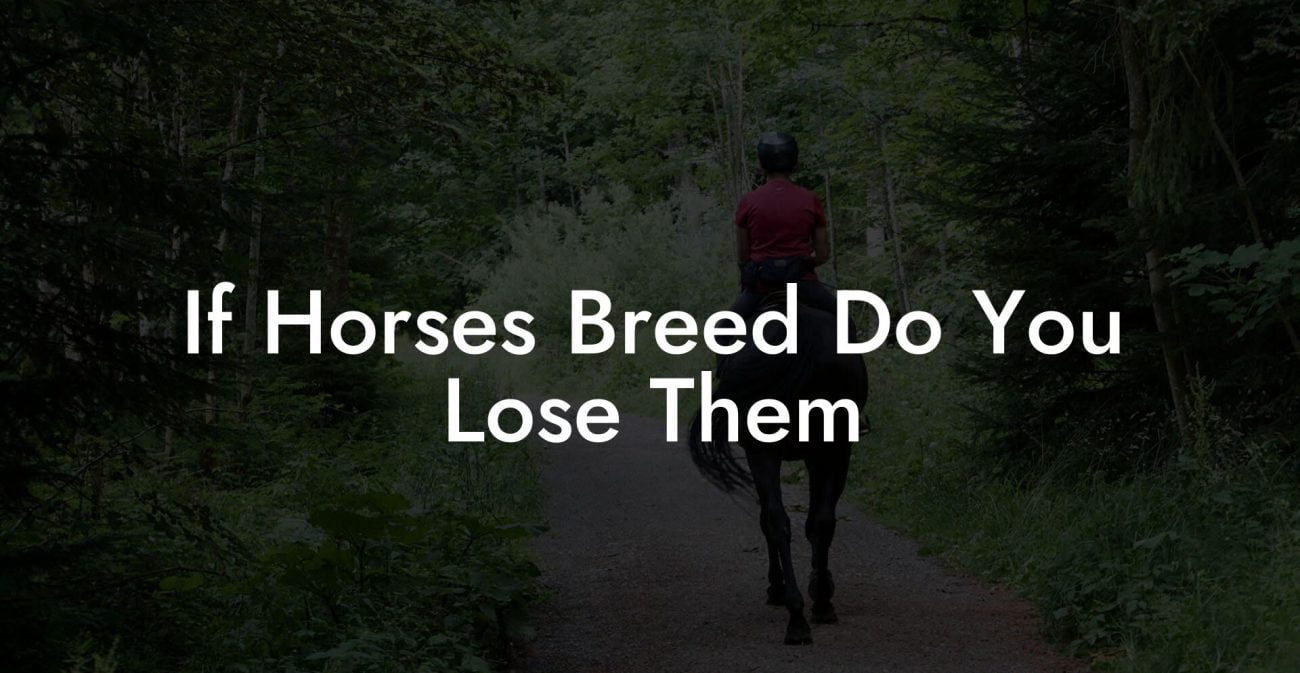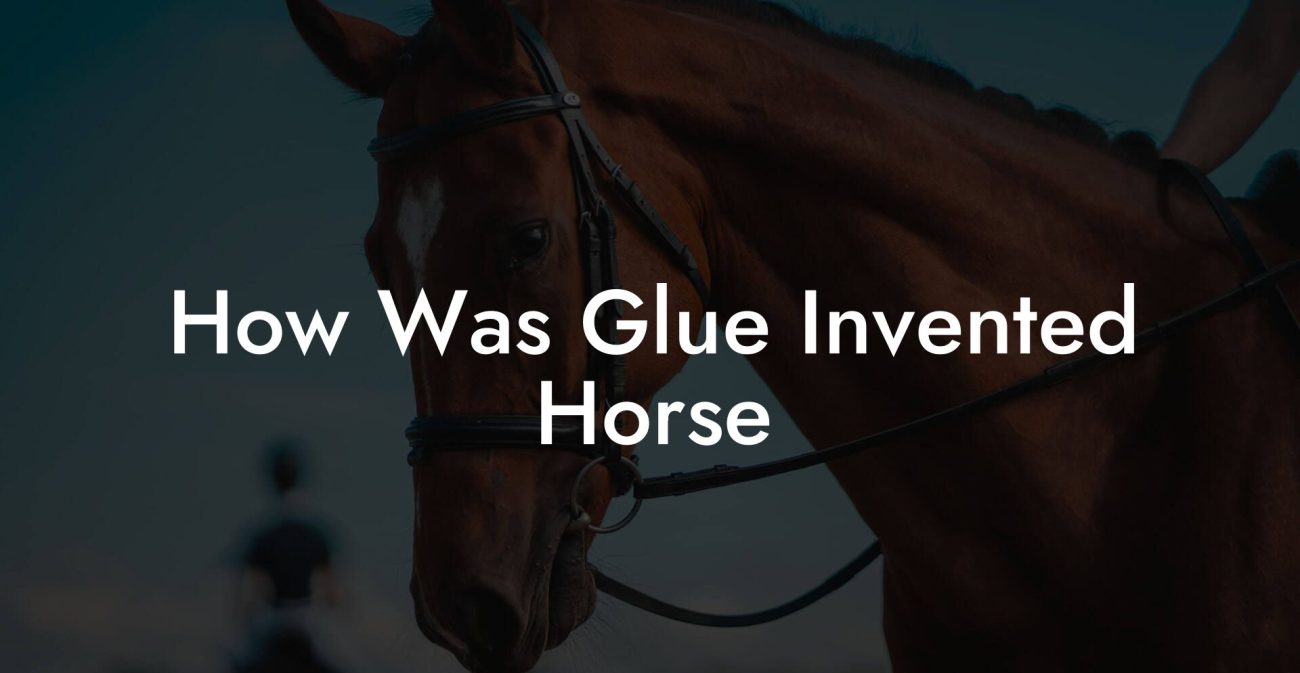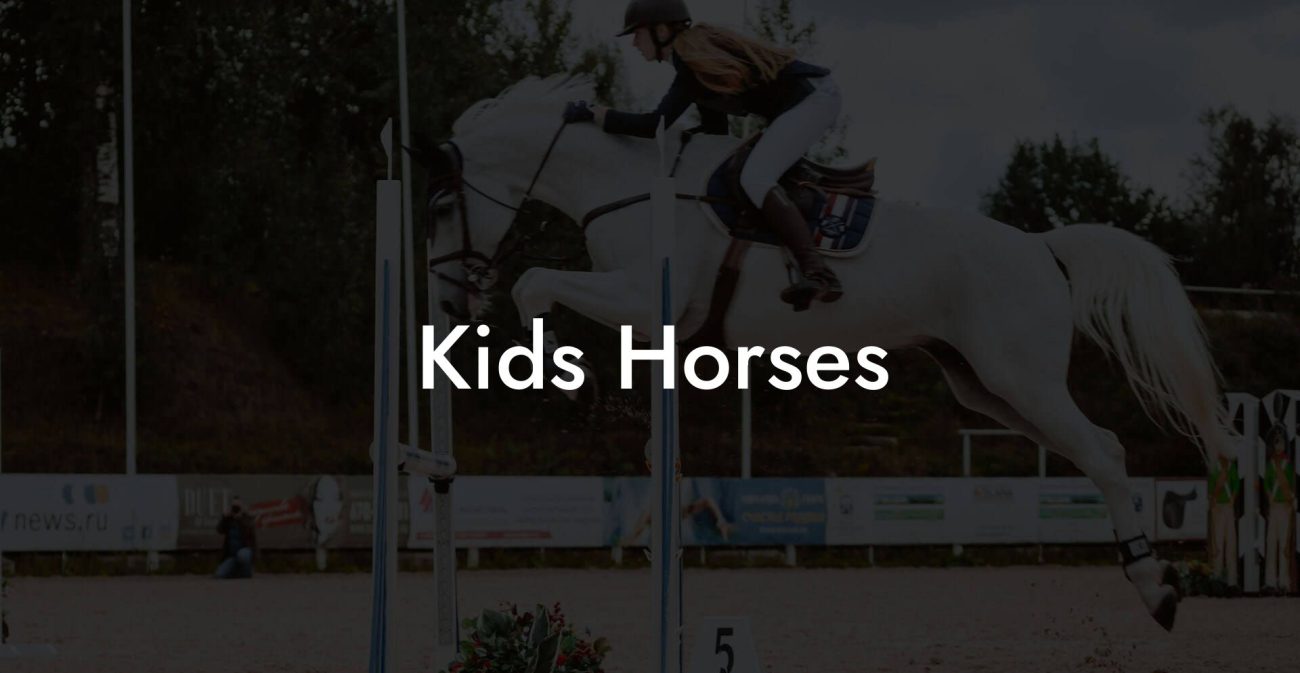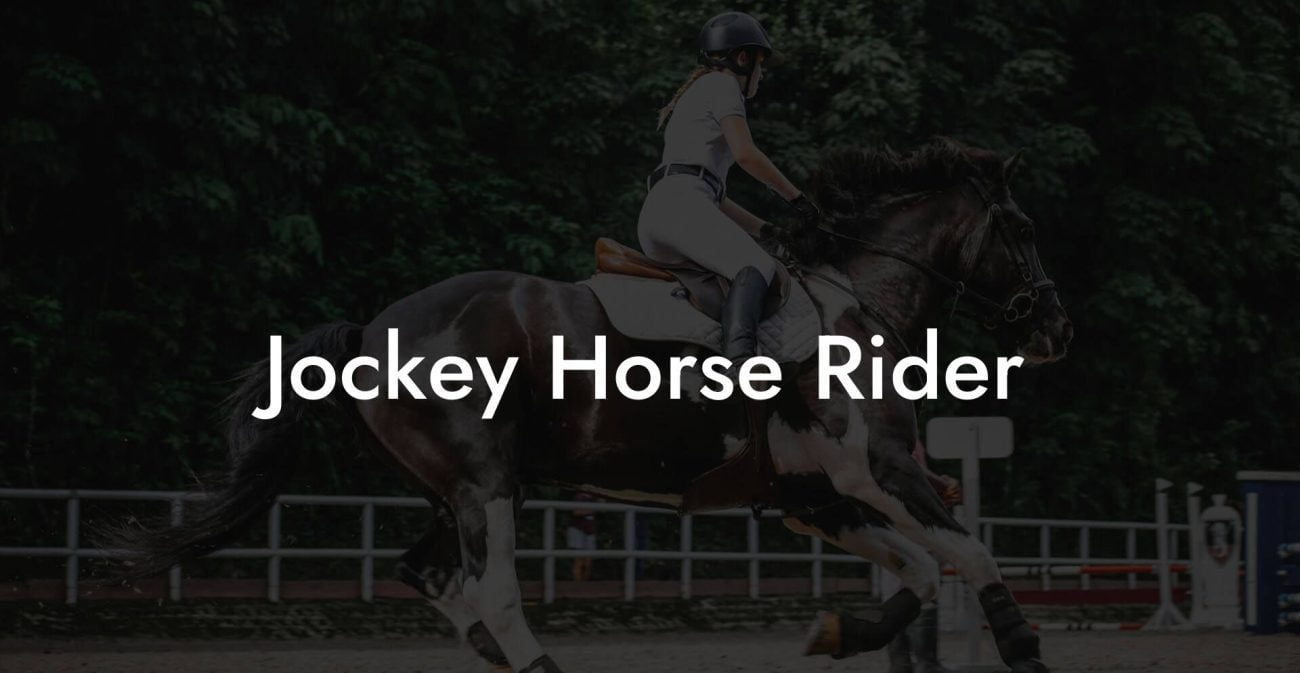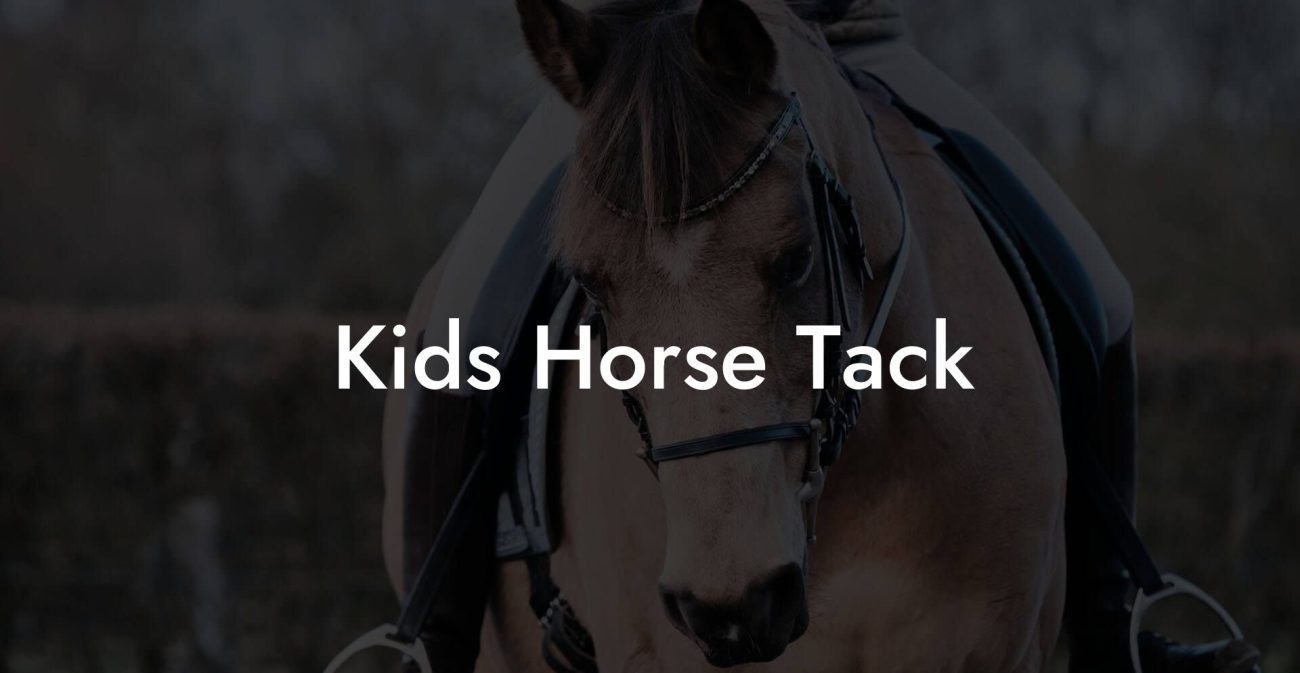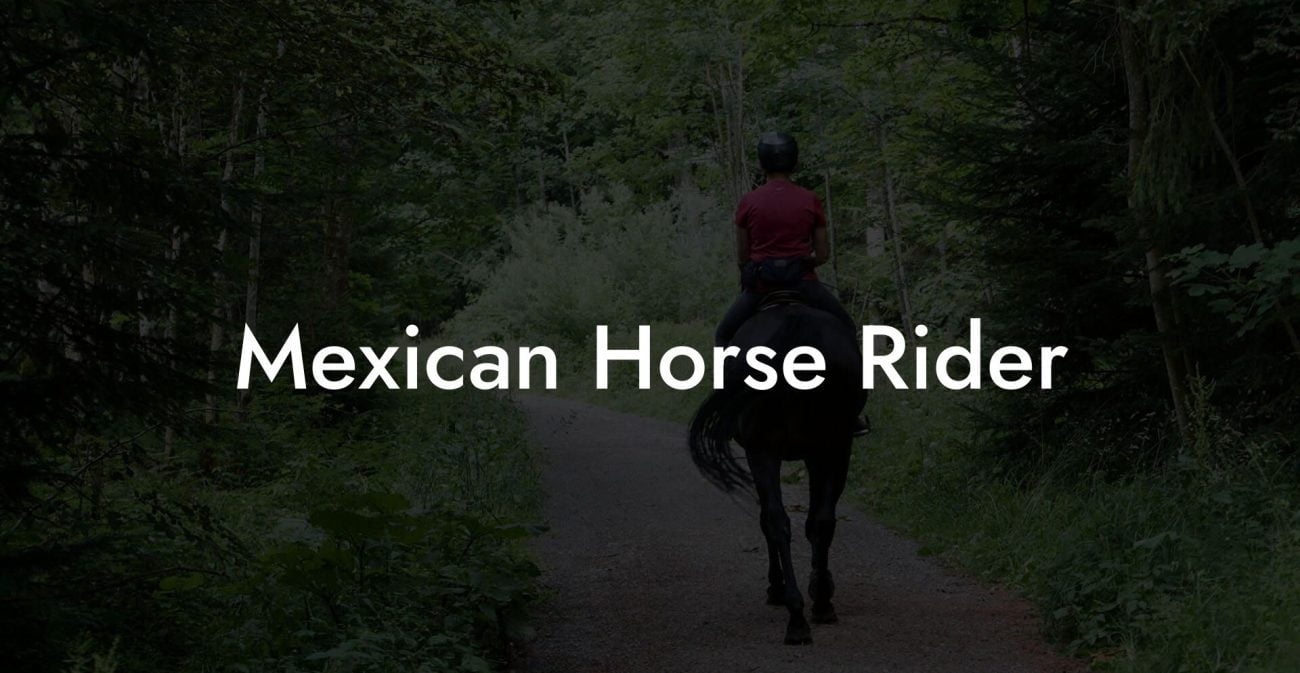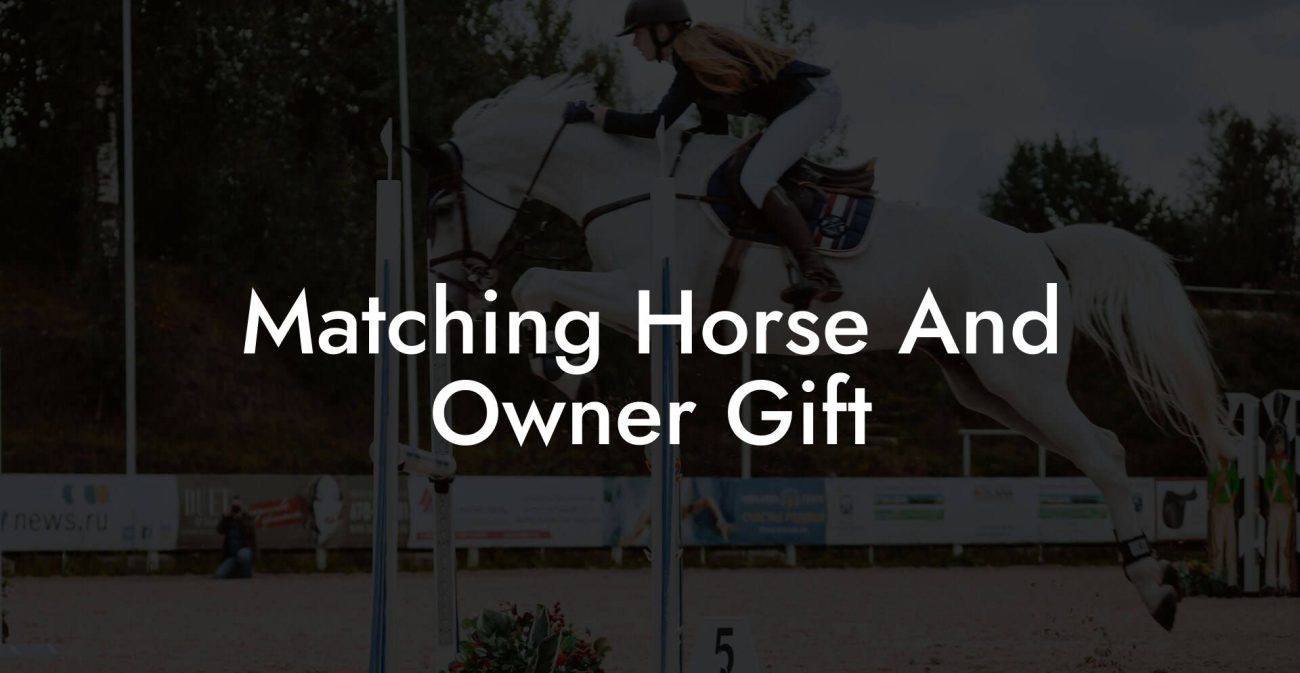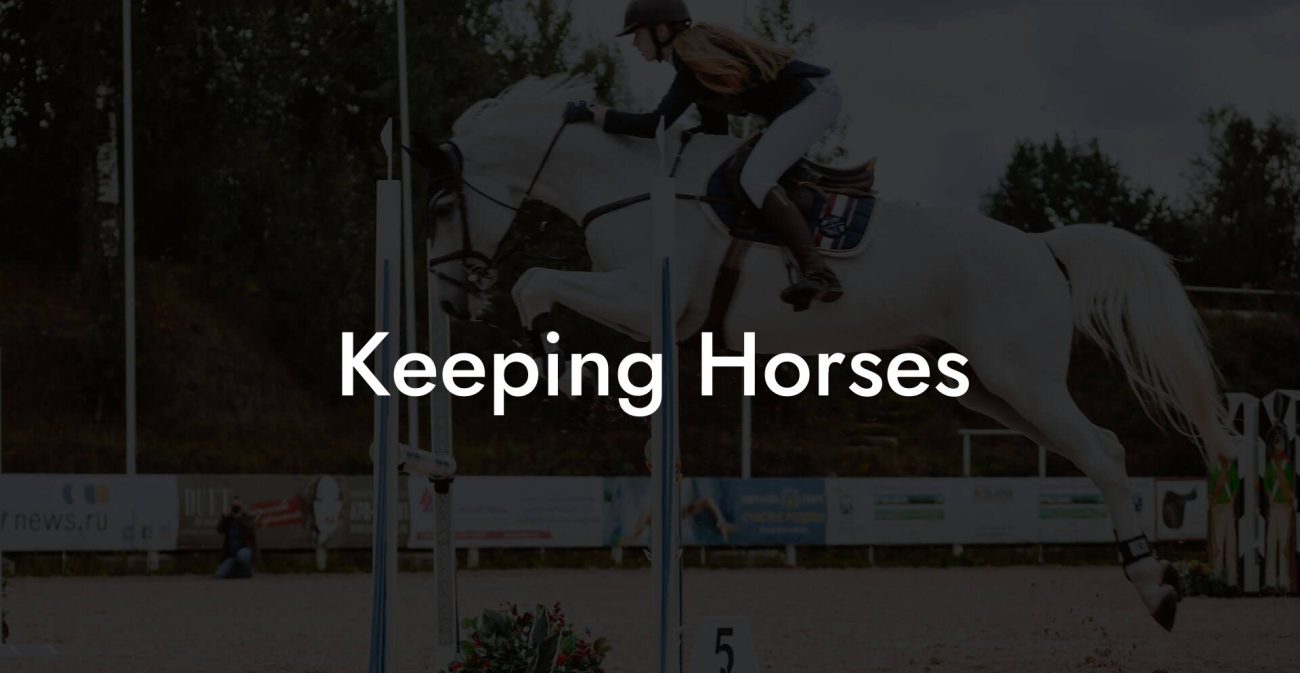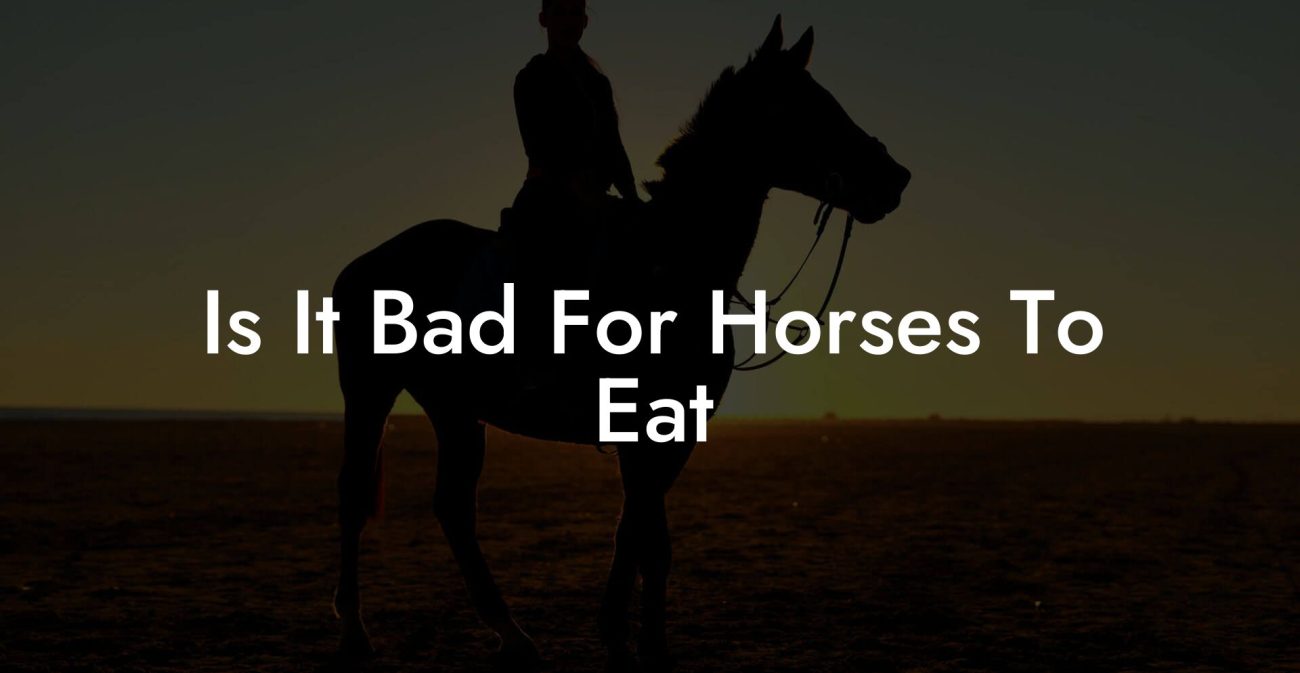Ever caught your horse eyeing the pasture like it's a never-ending all-you-can-eat buffet, yet somehow still looking like it’s been on a perpetual juice cleanse? You’re not alone. With modern equine lifestyles facing new dietary challenges and ever-changing workloads, knowing how to tell if a horse is underweight has become as essential as checking your latest Insta story. Whether you’re a Gen-Z equestrian influencer or a millennial horse owner juggling work-life balance with equine care, this comprehensive guide dives deep into the surprisingly nuanced world of equine weight management. It’s packed with smart tips, scientific insights, and a dash of humor – because your horse’s health is serious business, but that doesn’t mean we can’t have a little fun along the way.
Quick Links to Useful Sections
- Understanding What It Means for a Horse to Be Underweight
- The Top Physical and Behavioral Signs of an Underweight Horse
- Visible Ribs and Spine
- Lack of Muscle Mass
- Persistent Fatigue and Poor Endurance
- Behavioral Changes
- Nutritional Deficiencies and Dietary Considerations
- Forage First: The Foundation of Equine Diets
- The Role of Concentrates and Supplements
- Water: The Unsung Hero
- Feeding Schedule and Portion Control
- How to Accurately Measure and Monitor Your Horse's Weight
- Body Condition Scoring (BCS)
- Weighbridges and Measuring Tapes
- Regular Veterinary Evaluations
- The Impact of Exercise and Stress on Equine Weight
- Workload vs. Nutritional Intake
- Stress-Induced Weight Loss
- Strategies for Balancing Exercise and nutrition
- Veterinary Insights: When to Seek Professional Help
- Common Medical Causes of Underweight Horses
- When Regular Veterinary Visits Are Crucial
- Integrative Approaches to Equine Weight Management
- Holistic Feeding Strategies
- Mind-Body Practices for Horses?
- Alternative Therapies and Modern Technology
- Case Studies: Real-Life Equine Transformations
- Case Study 1: Bella’s Journey from Skinny to Stunning
- Case Study 2: Rocky’s Road to Recovery
- Case Study 3: Luna’s Revival Through Integrative Care
- Resources and Community Support: Your Next Steps
- Find a Knowledgeable Equine Veterinarian
- Join Equine Forums and Online Communities
- Educational Webinars and Workshops
- Follow Influential Equine Experts
- Your Journey to a Healthier, Happier Horse
- FAQ: How To Tell If A Horse Is Underweight
Understanding What It Means for a Horse to Be Underweight
When we talk about a horse being “underweight,” we’re not merely referring to a leaner-than-expected frame. Instead, this condition can indicate underlying issues such as nutritional deficiencies, chronic stress, or health problems that affect the horse’s metabolism. Even if your equine friend looks nimble and spry, a body condition scoring (BCS) system – the gold standard for equine weight evaluation – might reveal issues that aren’t apparent to the naked eye.
The body condition scoring system typically ranges from 1 to 9. A score of 4-6 is considered ideal for most horses, while scores below 4 suggest that the horse is underweight. Keeping an eye on these scores, along with other signs, is vital in ensuring that your horse maintains optimal energy levels, muscle tone, and overall health.
Underweight horses are more susceptible to infections, colic, and even decreased performance in athletic endeavors. For those who love sharing their equine adventures online, noticing that your horse looks a bit too “skinny” in photos can be the first red flag that something’s off with their diet and overall care.
The Top Physical and Behavioral Signs of an Underweight Horse
It’s one thing to read about horses in textbooks, but recognizing the signs on your own four-legged buddy can be a whole different ball game. Here are the key indicators to look out for:
Visible Ribs and Spine
One of the most obvious signs that a horse is underweight is the ease with which you can feel its ribs and spine. When a horse maintains a thin layer of fat over these areas, it can lead to unexpected bumps and a bony appearance, something that often triggers panic (and lots of social media memes) among equine enthusiasts.
Lack of Muscle Mass
Muscle is more than just aesthetic; it’s essential for providing the strength and endurance needed for daily activities. An underweight horse may show a clear deficit in muscle tone around the neck, shoulders, and hindquarters. This can result in a “wiry” look rather than the robust, athletic build you’d expect.
Persistent Fatigue and Poor Endurance
Just like humans who skip meals before a marathon, an underweight horse may tire quickly, struggle to keep up during riding sessions, or display a general lack of energy. If your horse seems more interested in grabbing a snooze during a turnout than trotting along, it might be time to dig deeper into their diet.
Behavioral Changes
Changes in behavior can be just as telling. Underweight horses may exhibit irritability, increased anxiety, or even reluctance to perform tasks that would normally excite them. This behavior isn’t just a mood swing – it’s a cry for nutritional and medical attention.
Trust your instincts as an equine caregiver; if you notice any one (or several) of these signs, it’s a good idea to evaluate your horse’s feeding routine, exercise regimen, and overall care.
Nutritional Deficiencies and Dietary Considerations
A horse’s diet is about as complex as our favorite artisanal smoothie bowl – it requires balance, variety, and a keen eye on quality ingredients. When a horse is underweight, it often means they’re not getting enough of the right nutrients. Here are some of the major dietary elements you need to focus on:
Forage First: The Foundation of Equine Diets
Like us loving our morning coffee, horses need a steady supply of hay and pasture. Forage is crucial for maintaining a healthy digestive system, and if a horse is underweight, it might be because it’s not consuming enough quality hay. Ensure that the hay is fresh, free of dust and mold, and available in ample quantities.
The Role of Concentrates and Supplements
Concentrates such as grains and pelleted feeds can help bridge nutritional gaps, but it’s essential to balance them carefully. Too many concentrates can lead to digestive issues, while too little will leave your horse missing essential proteins and fats. Supplements like vitamins, minerals, and even omega-3 fatty acids can offer that extra boost, especially for horses recovering from stress or illness.
Water: The Unsung Hero
Don’t underestimate the importance of clean, fresh water. Inadequate hydration can exacerbate weight loss and sap energy levels. Always check that your water sources are clean and readily accessible.
Feeding Schedule and Portion Control
Timing is everything – not just for your favorite TV shows but also for your horse’s meals. Providing smaller, more frequent meals can mimic natural grazing behavior, making it easier for a thin horse to absorb nutrients without overwhelming its digestive system.
Balancing the right blend of forage, concentrates, and supplements is key to reversing underweight trends and ensuring your horse not only gains weight but gains healthy weight.
How to Accurately Measure and Monitor Your Horse's Weight
Unlike checking your own weight with a bathroom scale, horses require a bit more finesse. Fortunately, there are several reliable methods to gauge whether your horse is maintaining a healthy weight.
Body Condition Scoring (BCS)
The Body Condition Scoring system is one of the most accurate ways to assess if a horse is underweight. This method evaluates fat cover over key areas, such as along the ribs, withers, and tail head. Look for a score below 4 if you suspect your horse is too thin.
Weighbridges and Measuring Tapes
In many equine facilities, weighbridges provide a digital reading of your horse’s weight. Alternatively, measuring tapes designed for horses can calculate weight using the horse’s girth and body length. These tools aren’t just for show, they’re instrumental for tracking gradual changes in weight, ensuring that any interventions are actually working.
Regular Veterinary Evaluations
When in doubt, call in the professionals. Your veterinarian can perform a thorough check-up, including blood tests and other diagnostics, to determine if your horse’s weight loss is due to underlying health issues, such as parasites, dental problems, or metabolic disorders.
Monitoring your horse’s weight regularly can help you catch issues early and ensure that corrective measures are taken before any major health woes set in.
The Impact of Exercise and Stress on Equine Weight
Just as you might burn off those extra calories on a weekend run, your horse’s level of physical activity can significantly affect its weight. While exercise is crucial for health, excessive or too intense activity without proper nutritional support can lead to weight loss.
Workload vs. Nutritional Intake
It’s all about balance. If your horse is working hard but isn’t getting enough calories or the right kind of nutrients, it will inevitably lose weight. This is particularly common in competitive equine sports where the animals are expected to perform at high levels without adequate recovery time.
Stress-Induced Weight Loss
Horses, like us, experience stress. Whether it’s from changes in their environment, travel, or even a sudden change in routine, stress can lead to a decrease in appetite and subsequent weight loss. Recognizing stress behaviors, like excessive licking, weaving, or even reluctance to engage in normal activities, is an important piece of the puzzle when evaluating a horse’s weight.
Strategies for Balancing Exercise and nutrition
The key is to tailor exercise regimens that match the nutritional support you provide. For horses that display signs of being underweight, consider reducing the intensity of their workouts or supplementing their diet with higher-calorie feeds during periods of increased activity. Incorporating rest days and mental relaxation techniques (like calm, consistent turnout routines) can help mitigate stress and support overall health.
Ultimately, understanding the interplay between exercise, stress, and nutrition will empower you to create a balanced, sustainable plan for your horse’s well-being.
Veterinary Insights: When to Seek Professional Help
Even the most diligent horse owner can sometimes miss subtle signs of health issues. When it comes to weight loss, turning to a professional is not just advisable, it’s essential. A veterinarian’s expertise can help pinpoint problems that aren’t evident from a basic visual assessment.
Common Medical Causes of Underweight Horses
Several medical issues can lead to weight loss in horses. Parasite infestations, dental issues that affect chewing, digestive disorders like colic, and metabolic conditions such as Equine Metabolic Syndrome (EMS) can all impact your horse’s ability to maintain a healthy weight. Regular deworming, proper dental care, and periodic lab work are key components in preventing or addressing these conditions.
When Regular Veterinary Visits Are Crucial
Routine check-ups allow a veterinarian to identify early signs of nutritional deficiencies or illness. If you notice a consistent decline in your horse’s body condition score, it’s time to schedule a thorough evaluation. Your vet might recommend additional diagnostic tests, like blood work or ultrasounds, to rule out any serious issues. In many cases, early intervention can prevent minor issues from evolving into major health crises.
Partnering with an equine veterinarian ensures that you stay ahead of potential problems and that any adjustments to diet or exercise are made with expert guidance.
Integrative Approaches to Equine Weight Management
While the technical aspects of equine nutrition and veterinary care are indispensable, a holistic approach to weight management can provide a well-rounded solution. Much like the integrative health trends that have taken over social media feeds, combining conventional methods with alternative strategies can enhance your horse’s overall quality of life.
Holistic Feeding Strategies
Think of your horse’s diet as a carefully curated playlist rather than a monotonous loop of the same old tracks. Incorporating alternative feeds, like beet pulp for extra fiber and digestible energy, or specially formulated feeds that include probiotics, can improve digestion and nutrient absorption. These innovative feeding strategies help not just in adding weight but in ensuring that every calorie counts.
Mind-Body Practices for Horses?
Yes, you read that right. While meditation and mindfulness are typically human domains, they can be adapted for horses too. The calming effects of a serene, stress-free environment can have a positive impact on your horse’s metabolism. Routine turnout in a peaceful pasture or engaging in low-stress riding sessions helps reduce cortisol levels, a hormone linked with stress and weight loss. If your horse enjoys companionship and gentle interactions, forming a “herd” mentality can work wonders for its wellbeing.
Alternative Therapies and Modern Technology
Equine acupuncture, massage therapy, and even hydrotherapy have gained traction as complementary treatments. These therapies can relieve muscle tension, improve blood circulation, and promote a quicker recovery from stress-related weight loss. Pair these methods with modern technology like smart feeders and tracking apps, which help monitor your horse’s nutritional intake and activity levels, ensuring that nothing slips through the cracks.
Integrative approaches highlight that sometimes, the answer isn’t solely in hard science, it’s in the harmonious blend of tradition, innovation, and a genuine understanding of what makes your horse thrive.
Case Studies: Real-Life Equine Transformations
Sometimes, the best proof of any theory lies in real-life success stories. Below are a few case studies that shine a light on how focused interventions helped underweight horses bounce back:
Case Study 1: Bella’s Journey from Skinny to Stunning
Bella, a once frail quarter horse with an elusive body condition score of 3, was the talk of the barn, for all the wrong reasons. Her owner, a millennial influencer with a knack for holistic living, decided it was time for a change. By overhauling Bella’s diet (more high-quality hay, added beet pulp, and a controlled amount of concentrates), incorporating daily turnout sessions in a stress-free environment, and scheduling regular massages with an equine bodyworker, Bella’s score gradually rose into the healthy 5-to-6 range. Bella’s transformation became an Insta sensation, proving that with a bit of science and a lot of heart, underweight issues can be overcome.
Case Study 2: Rocky’s Road to Recovery
Rocky, a spirited gelding known for his athleticism on the show ring, started losing weight after a bout of colic and a subsequent reduction in his training schedule. Concerned about his dwindling energy levels, Rocky’s caretakers sought veterinary advice, which uncovered underlying dental issues that were preventing him from chewing properly. After addressing his dental health, Rocky’s feeding regimen was personalized with a mix of soaked concentrates and digestible fiber sources. With regular weigh-ins and performance monitoring, Rocky not only regained his lost weight but also returned to peak condition for competitions.
Case Study 3: Luna’s Revival Through Integrative Care
Luna, a gentle mare with a history of chronic stress and weight challenges, was on the brink of being labeled “underweight” by her veterinarian. Looking for a more comprehensive approach, her owners combined traditional nutritional plans with integrative therapies. Luna’s routine now features a blend of mindful turnout, acupuncture sessions, and a meticulously balanced diet enriched with probiotics and omega-3 supplements. Over time, Luna transformed from a reserved, undernourished mare into a vibrant and energetic companion, all while inspiring other horse owners to adopt integrative methods.
These case studies prove that no two horses are exactly alike. Whether your equine friend is a competitive show horse or simply a cherished companion in your backyard, tailored care can make all the difference.
Resources and Community Support: Your Next Steps
Embarking on the journey to ensure your horse maintains a healthy weight can sometimes feel like you’re navigating a maze with no clear exit. However, you’re not alone. The equine community is as diverse as it is supportive, with resources available for every level of expertise, from the novice horse parent to the seasoned equestrian pro.
Find a Knowledgeable Equine Veterinarian
For personalized guidance, partnering with a veterinarian who specializes in equine health is crucial. Never underestimate the value of professional advice when it comes to diagnosing subtle signs of nutritional imbalance or hidden health issues.
Join Equine Forums and Online Communities
The power of community can be transformative. Online platforms like Horse Nation, The Horse Forum, and various social media groups allow you to swap experiences, share tips, and even vent about those perplexing horse selfies that suddenly scream “underweight alert!” These communities are brimming with firsthand accounts, innovative ideas, and the latest research that can aid you in making informed decisions.
Educational Webinars and Workshops
Keep an eye out for webinars and workshops focused on equine nutrition, weight management, and holistic care. These events are great for networking with experts and learning about new trends, from smart feeders to the latest in feed formulation tech. They’re also fantastic for the occasional live Q&A, where you can get your burning questions answered in real time.
Follow Influential Equine Experts
Social media is not just for memes and viral dance challenges, it’s also a goldmine for equine health information. Follow industry influencers, veterinarians, and nutritionists who regularly share evidence-based insights, success stories, and the occasional behind-the-scenes look at the equine wellness world. Their content can provide both inspiration and practical advice.
Tapping into these resources will not only deepen your knowledge but also connect you with a support system that’s dedicated to the well-being of every horse. With the right community by your side, your journey to optimal equine health becomes a shared adventure.
Your Journey to a Healthier, Happier Horse
Transforming your horse’s weight challenges into a thriving story of recovery is about more than simply adding a few extra pounds, it’s a holistic journey that touches on nutrition, exercise, veterinary care, and even mental wellness. Every step you take, whether it’s tweaking the diet, adjusting the workout routine, or joining a supportive community, is a step towards a more vibrant life for your equine companion.
As you implement the insights shared in this guide, remember that each horse is unique. Celebrate the small victories along the way, document the progress on your favorite social media platform, and keep learning. Equine health is a continually evolving field, and staying informed means you’re always ready to adapt and optimize your care strategies.
By embracing a multifaceted approach that blends conventional wisdom with integrative techniques, you’re not only ensuring that your horse gains healthy weight, you're fostering an environment of continual growth and well-being. Your willingness to stay engaged, informed, and proactive will serve as the foundation for a deeper bond with your horse, one that shows in every happy trot and spirited gallop.
So, go ahead, review your feeding routines, check those body condition scores, consult with trusted professionals, and indulge your horse in a little extra love. The journey to an optimally weighted, healthier horse is as dynamic and rewarding as the spirited leaps of a young colt at play.
FAQ: How To Tell If A Horse Is Underweight
Below are some of the most frequently asked questions about identifying and managing underweight horses, along with expert answers to guide you on your journey.
1. What are the primary signs of an underweight horse?
The main signs include easily noticeable ribs, a bony spine, poor muscle development, decreased endurance, and sometimes behavioral changes such as lethargy or irritability.
2. How can I accurately measure my horse’s weight?
You can use Body Condition Scoring (BCS), weighbridges, and equine measuring tapes to monitor weight. Regular veterinary evaluations are also essential for an accurate assessment.
3. Why might a horse suddenly lose weight even if its feeding regimen hasn’t changed?
Sudden weight loss can be due to health issues like parasites, dental problems, metabolic disorders, or even stress factors that decrease appetite and nutrient absorption.
4. Can changes in my horse’s exercise routine affect its weight?
Yes, if a horse’s workload increases without a corresponding adjustment in its diet, it can lead to weight loss. Similarly, stress from intense work can also cause a decrease in appetite.
5. How do integrative approaches help in managing an underweight horse?
Combining conventional veterinary care with tailored nutritional plans, stress reduction measures, and alternative therapies like equine acupuncture offers a comprehensive approach to ensure balanced weight gain and overall health.
6. When should I consult with a veterinarian?
If you notice persistent weight loss, a drop in the body condition score (below 4), or significant behavioral changes, it’s time to consult with an equine veterinarian for a full health evaluation.
7. Are there specific feeds or supplements that can help an underweight horse?
Yes, high-quality hay, energy-rich concentrates, beet pulp, and commercially available equine supplements that include vitamins, minerals, and omega-3 fatty acids can be very effective. However, always follow the guidance of your veterinarian or nutritionist.
8. What role does hydration play in maintaining a healthy weight?
Hydration is critical, as water aids in nutrient absorption and digestion. Ensure your horse has access to clean, fresh water at all times.

